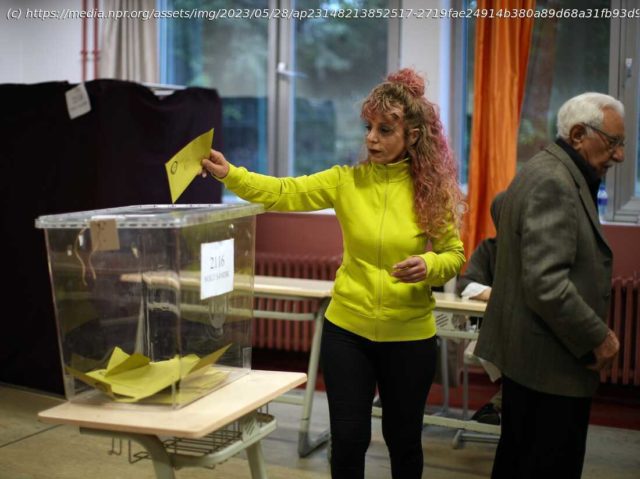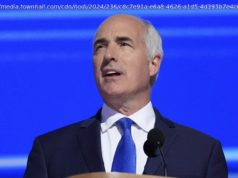Array
Voters in Turkey returned to the polls Sunday to decide whether the country’s longtime leader stretches his increasingly authoritarian rule into a third decade or is unseated by a challenger who has promised to restore a more democratic society.
President Recep Tayyip Erdogan, who has been at Turkey’s helm for 20 years, is favored to win a new five-year term in the second-round runoff after coming just short of an outright victory in the first round on May 14.
The divisive populist who turned his country into a geopolitical player finished four percentage points ahead of Kemal Kilicdaroglu, the candidate of a six-party alliance and leader of Turkey’s center-left main opposition party. Erdogan’s performance came despite crippling inflation and the effects of a devastating earthquake three months ago.
Kilicdaroglu (pronounced KEH-lich-DAHR-OH-loo), a 74-year-old former bureaucrat, has described the runoff as a referendum on the country’s future.
More than 64 million people are eligible to cast ballots. The polls opened at 8 a.m.
Turkey does not have exit polls, but the preliminary results are expected to come within hours of the polls closing at 5 p.m.
The final decision could have implications far beyond Ankara because Turkey stands at the crossroads of Europe and Asia, and it plays a key role in NATO.
Turkey vetoed Sweden’s bid to join the alliance and purchased Russian missile-defense systems, which prompted the United States to oust Turkey from a U.S.-led fighter-jet project. But Erdogan’s government also helped broker a crucial deal that allowed Ukrainian grain shipments and averted a global food crisis.
The May 14 election saw 87% turnout, and strong participation is expected again Sunday, reflecting voters‘ devotion to elections in a country where freedom of expression and assembly have been suppressed.
If he wins, Erdogan, 69, could remain in power until 2028. After three stints as prime minister and two as president, the devout Muslim who heads the conservative and religious Justice and Development Party, or AKP, is already Turkey’s longest-serving leader.
The first half of Erdogan’s tenure included reforms that allowed the country to begin talks to join the European Union and economic growth that lifted many out of poverty.






